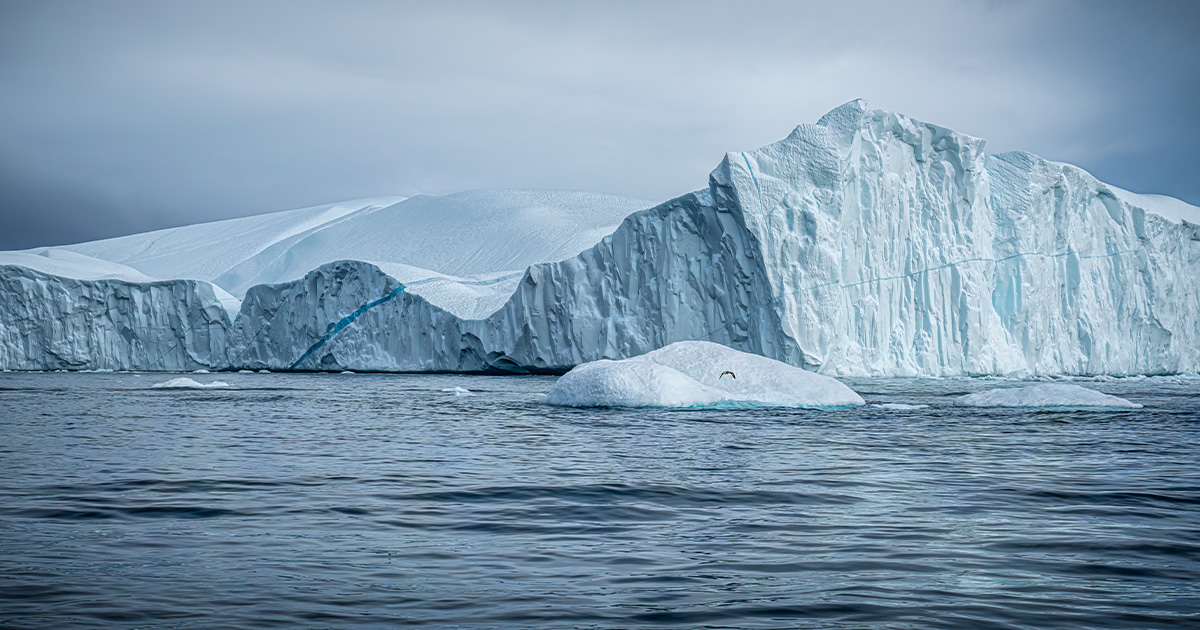A new study measured microplastic concentrations in the highly productive Barents Sea and suggest that ocean circulation, ice melt, tourism, inadequate waste management, shipping and fishing are all likely contributors.
Dr. Rachel Coppock, Marine Ecologist at Plymouth Marine Laboratory and co-author on the study, commented: “The Arctic region is remote and most of us might imagine that it is a pristine natural wonder. But once microplastics enter the marine environment they are transported on currents, often from populated areas many thousands of miles away, ending up far from the source and in the case of the high Arctic, may become trapped in sea ice and released during the spring melt. Warming seas are causing greater sea ice melt, potentially releasing further microplastics and adding another layer of complexity to marine life adapting to a changing world.”
Heather Emberson-Marl, lead author on the paper and M.S. student with the University of Exeter and Plymouth Marine Laboratory, said: “It is apparent that microplastic data from the Arctic is limited and this study will act as a reference point for further research. Additionally, sampling methods between studies of microplastics within the Arctic vary and the differing units of measurement used in previous research make it difficult to draw comparisons. We recommend that future studies should strive for a standardized sampling protocol to allow for direct comparisons and more robust conclusions on the ecological and toxicological effects on the Arctic’s marine biology.”
Improving methods to study the ‘Plastisphere’
This study is the first comparison of the efficiency and efficacy of methods to culture microplastic-colonizing bacteria to help increase understanding of the ‘Plastisphere’, a term given to the novel microbial communities that live on discarded plastic in the environment and which is distinct from its surroundings.
Emily Stevenson, lead author on the study and Ph.D. student with the University of Exeter and Plymouth Marine Laboratory, commented: “This is a valuable study as without assessment of removal efficiency, culture-based research efforts are not currently optimized, comparable, or consistent to extract viable bacterial cells from microplastics for further study. By standardizing our methods across laboratories, study designs and scientific capacity, it will increase our understanding of the role of microplastics in supporting distinct, pathogenic or AMR communities, and the subsequent ecological threats they pose.”



